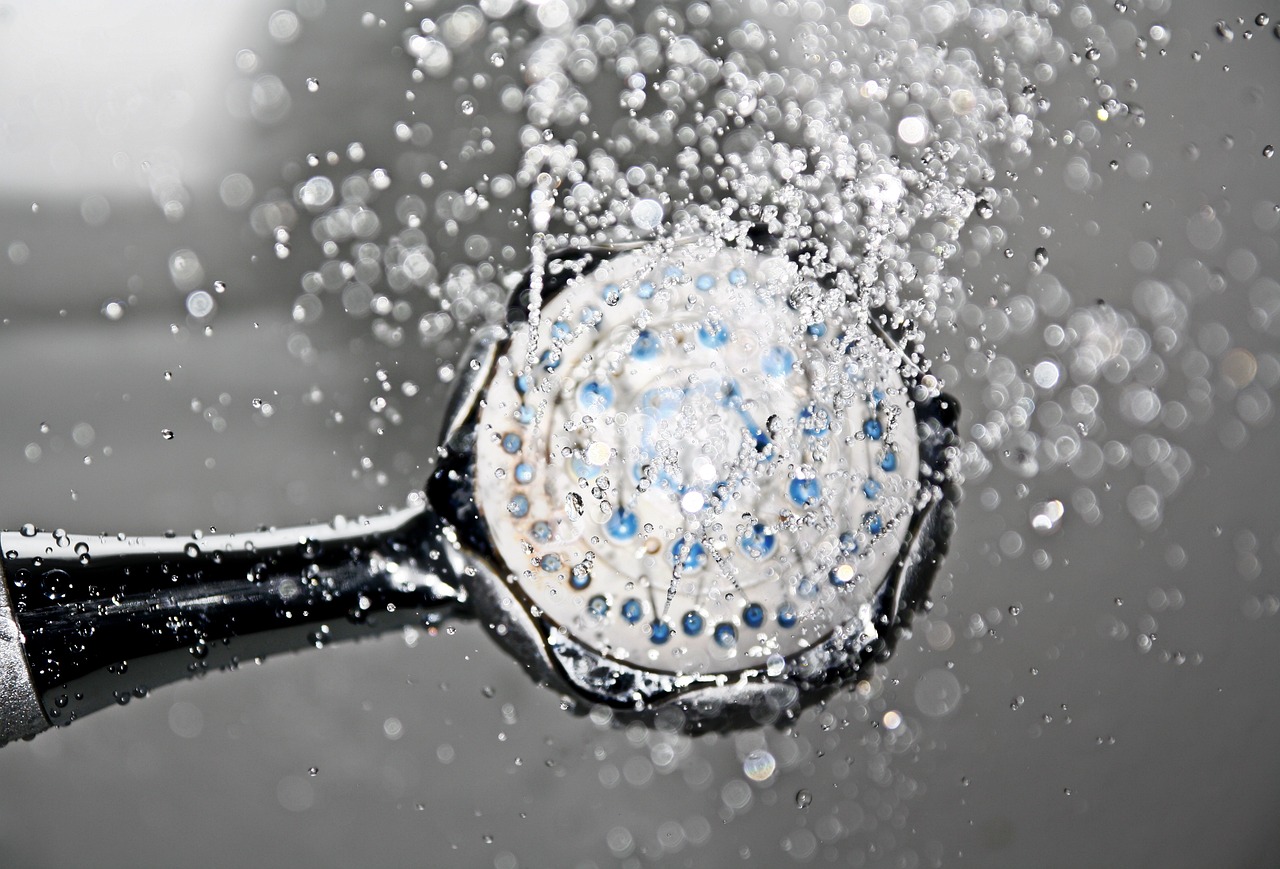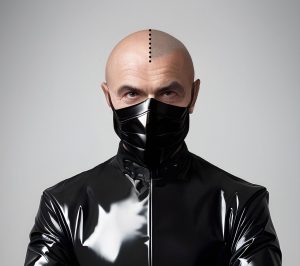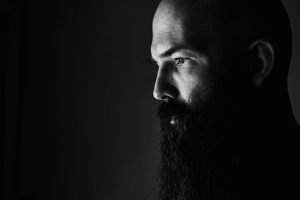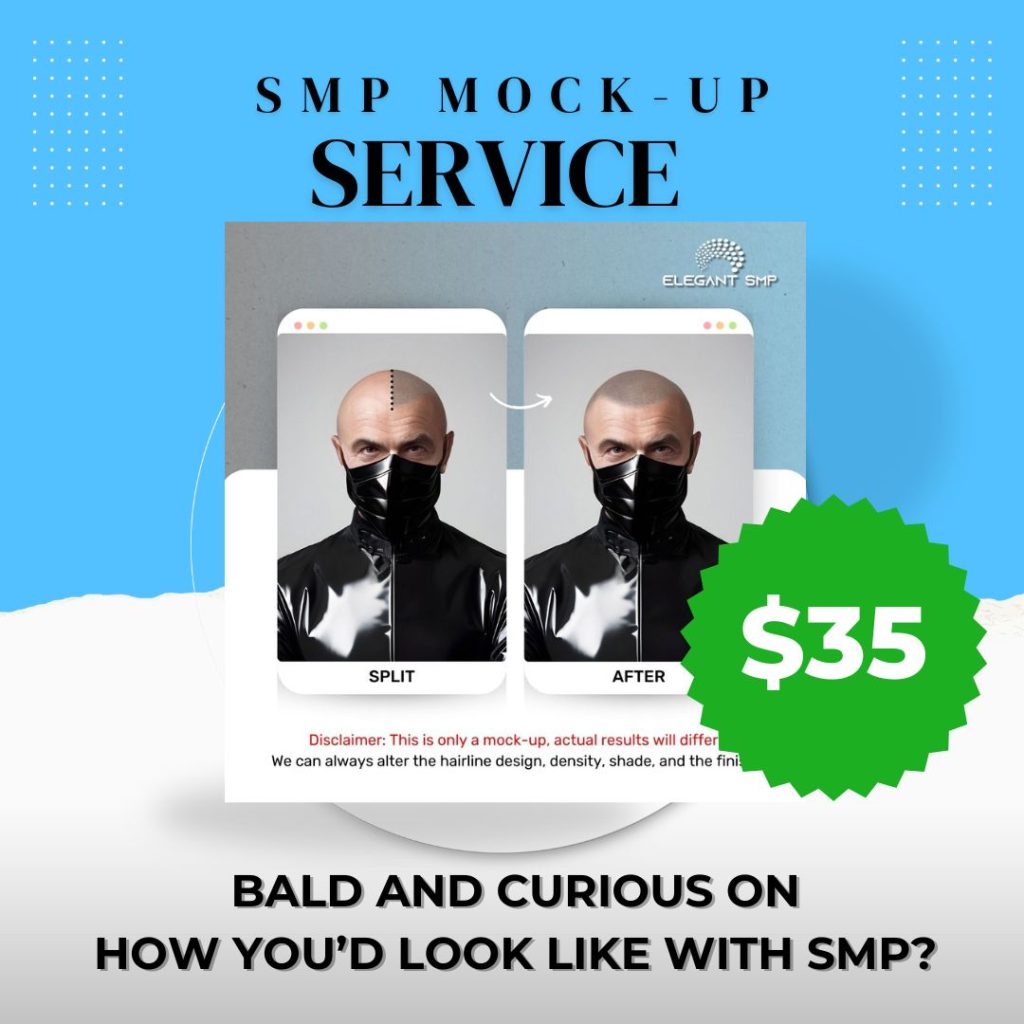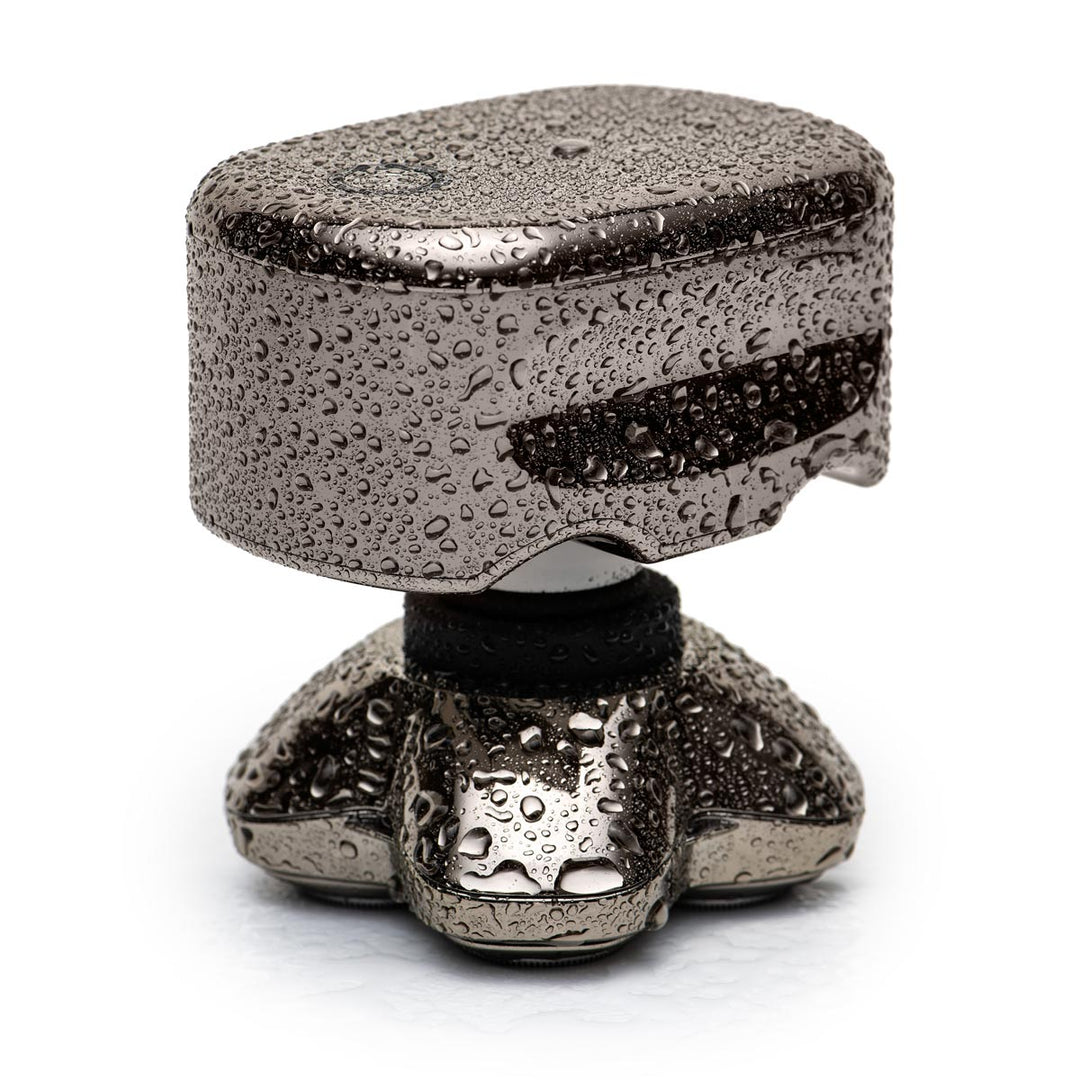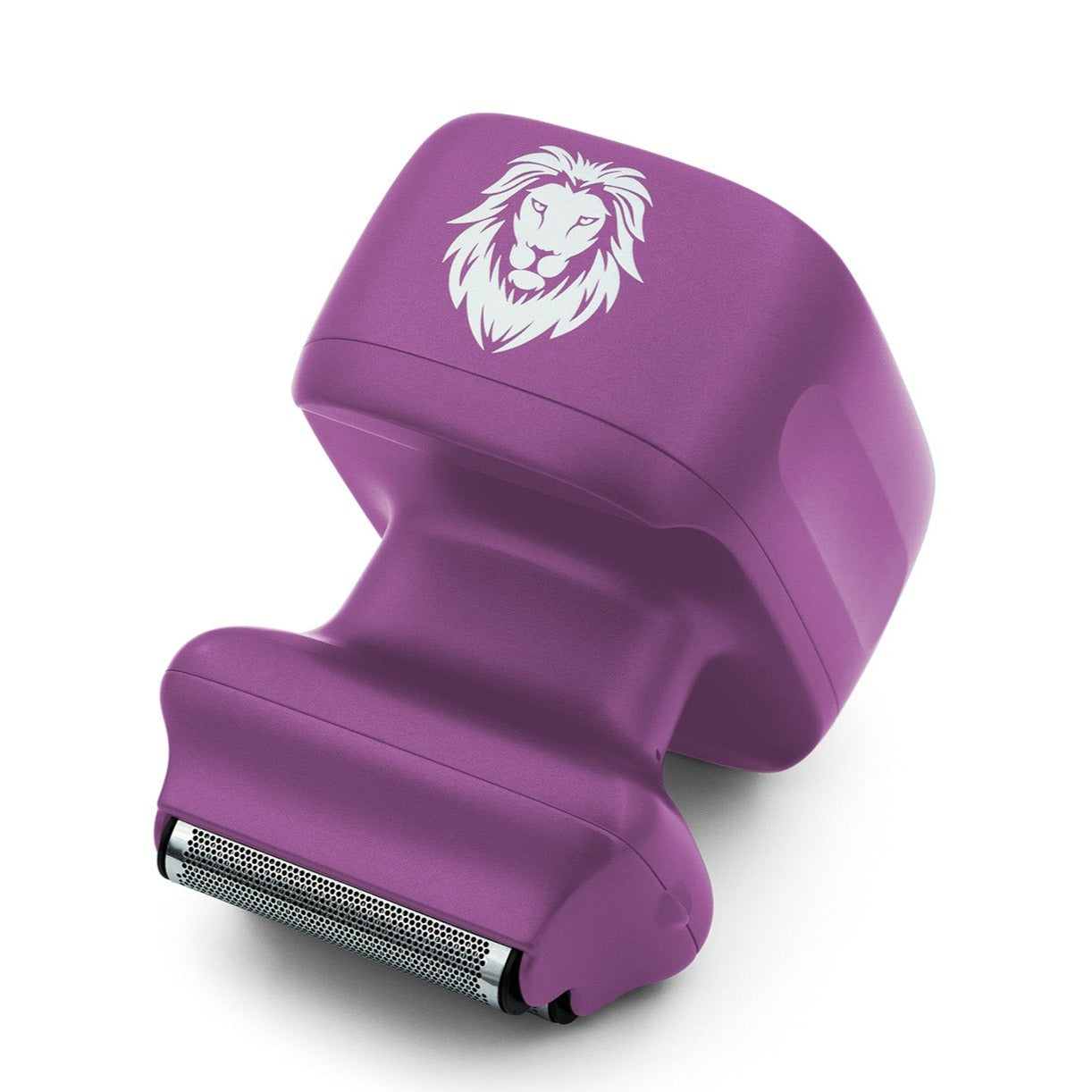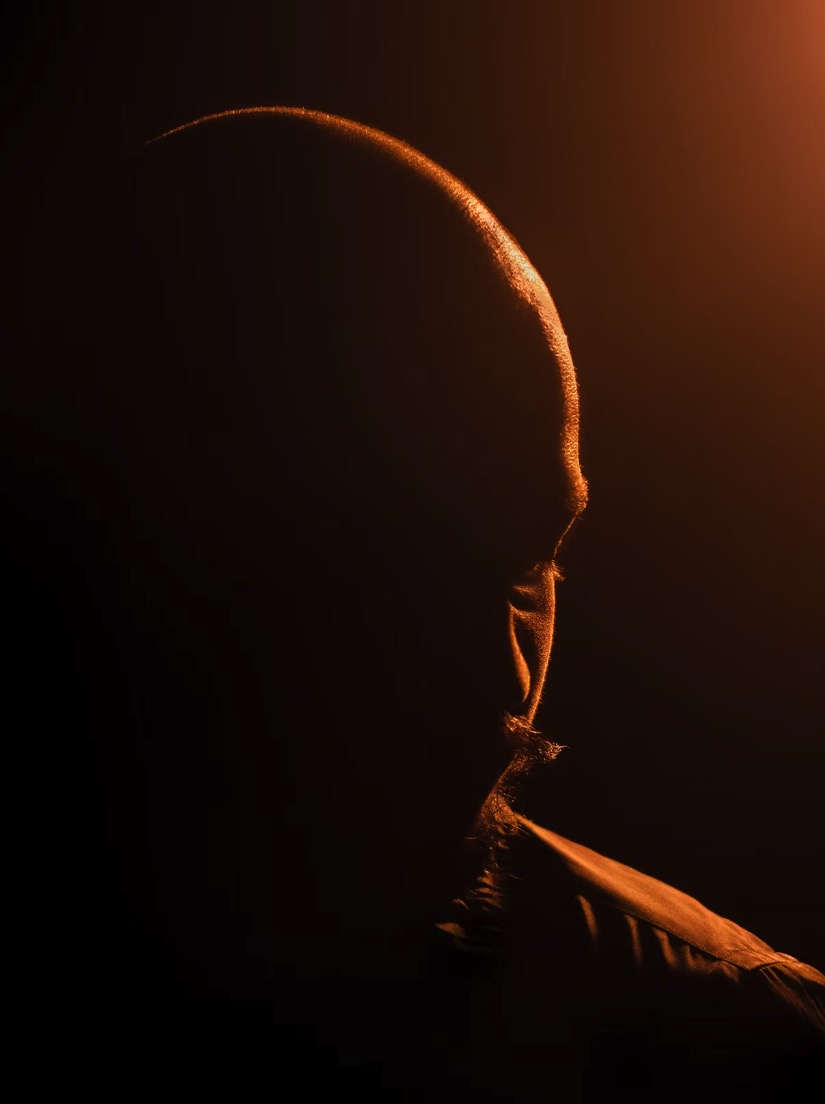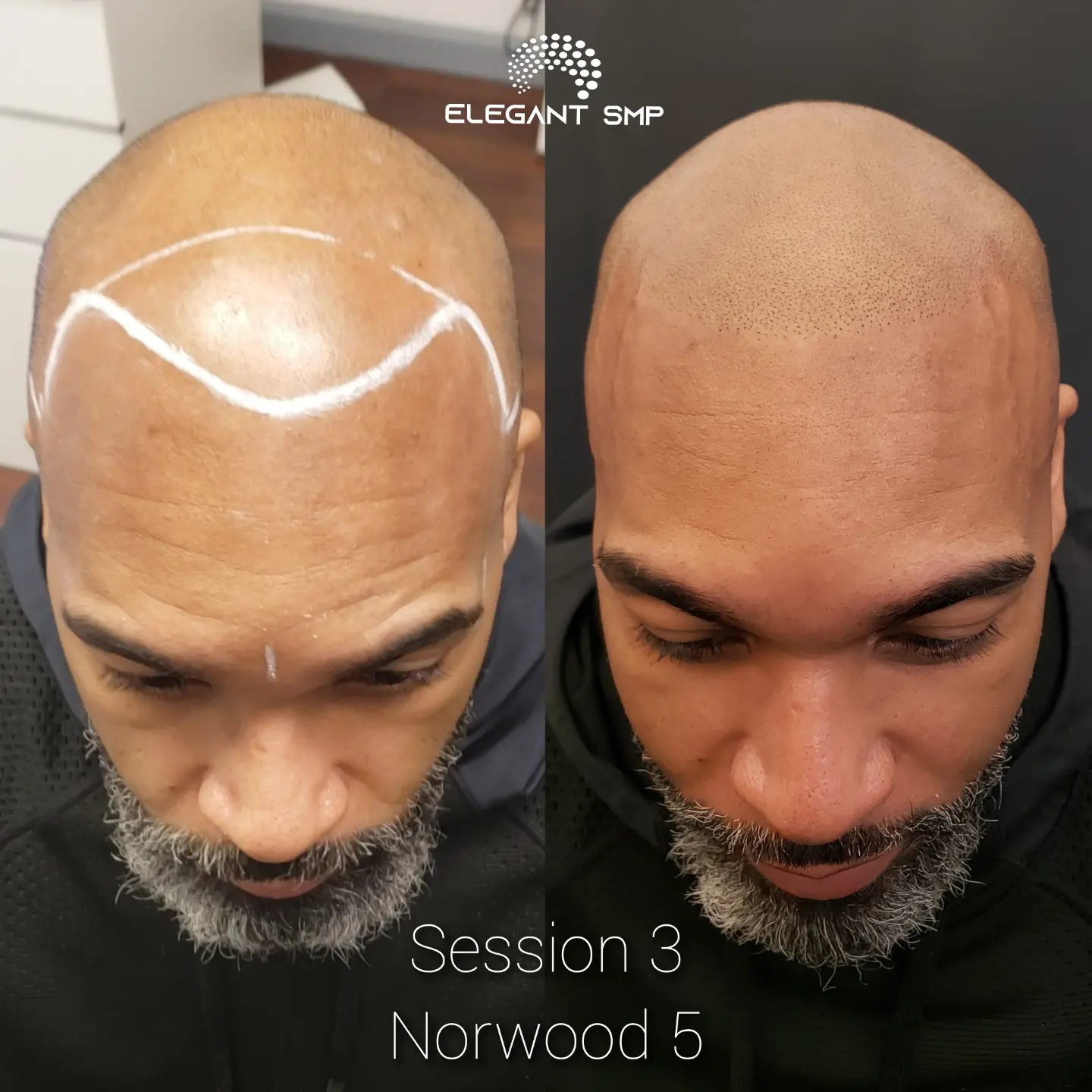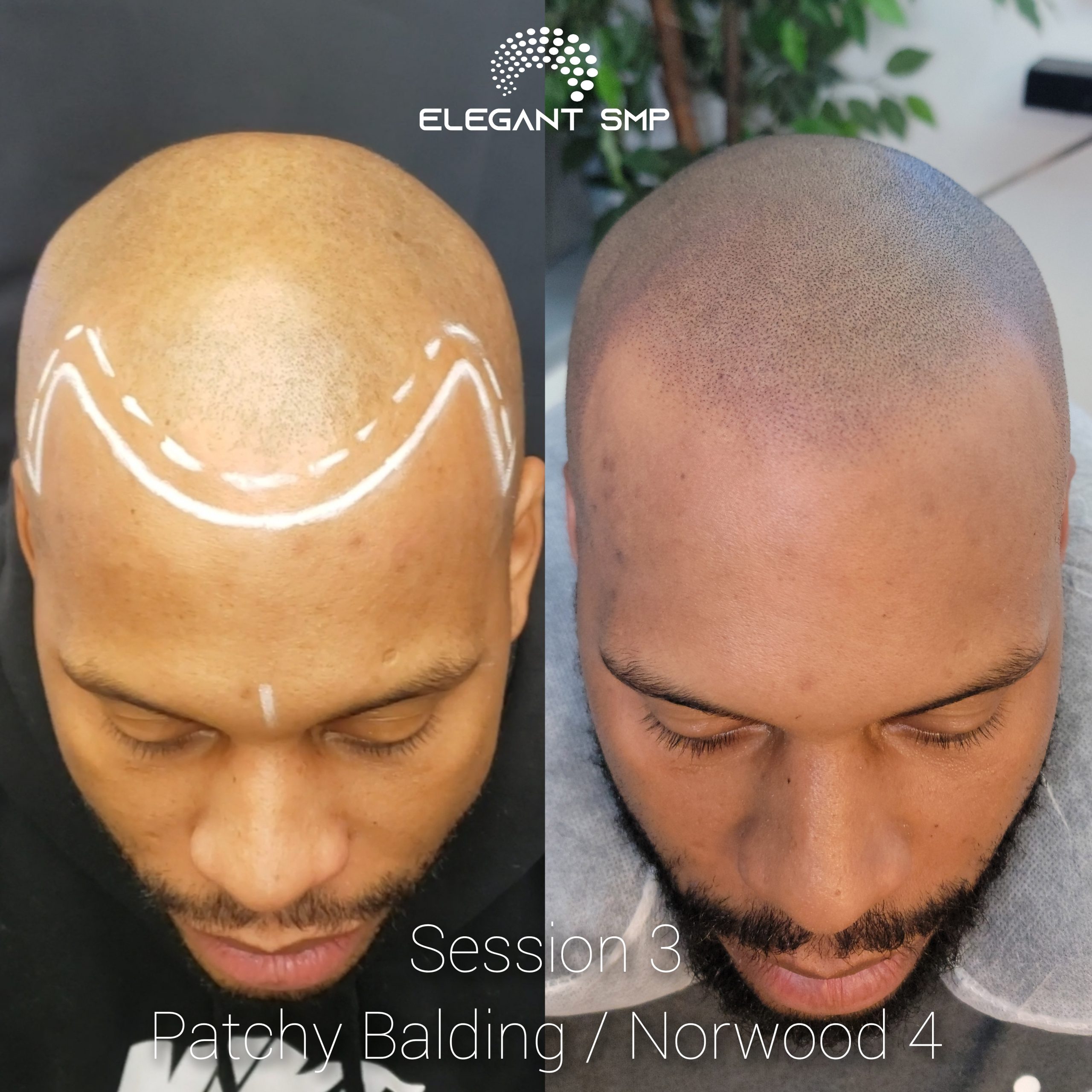Table of Contents
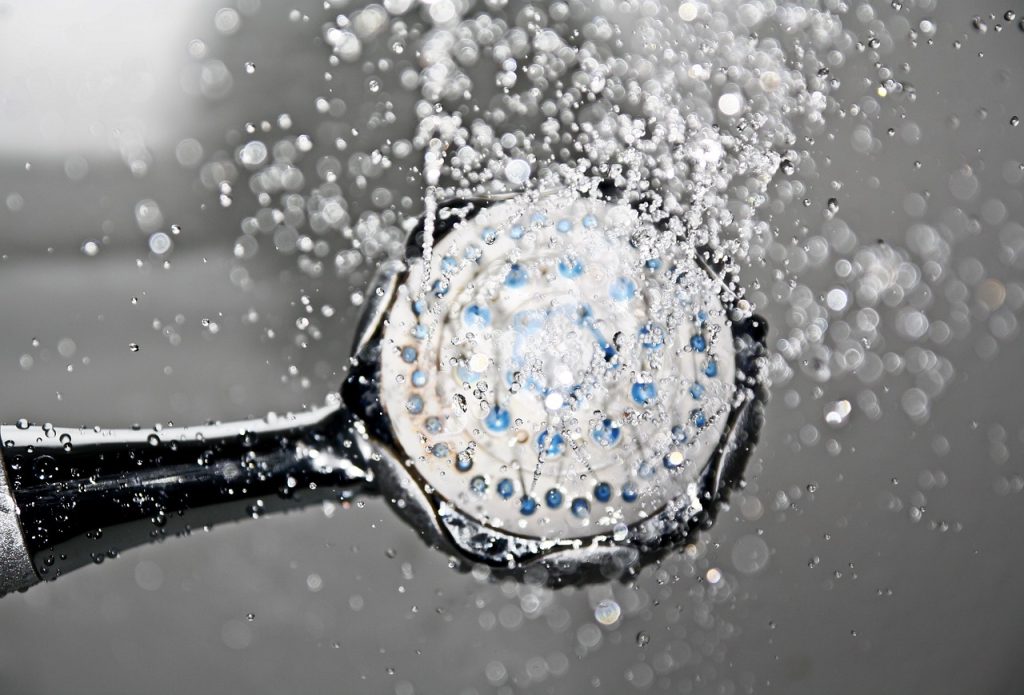
The Relationship Between Hot Water and Hair Health
We all love the soothing sensation of a hot shower, especially after a long, tiring day. However, it’s crucial to understand the potential effects of hot water on your hair and scalp. While hot water itself does not directly cause hair loss, it can have an impact on the health of your hair and scalp.
Moisture and Natural Oils
Hot water showers can be a double-edged sword. On one hand, they offer relaxation and comfort. On the other hand, hot water can strip away the moisture and natural oils from your scalp. These natural oils play a vital role in keeping your hair healthy and nourished. When they are depleted, it can lead to dryness and even hair fall.
Keratin Damage
Hot water can also damage the keratin protein in your hair. Keratin is a crucial component of your hair’s structure, and its damage can result in dry, weak hair that is more prone to breakage. To prevent this, it’s important to strike the right balance when washing your hair and avoid exposing it to excessively hot water.
pH Balance
Another potential impact of hot water on your hair and scalp is the disruption of the pH balance. A balanced pH level is essential for a healthy scalp and vibrant hair color. Using hot water showers frequently can disturb this balance, leading to dryness and discomfort.
Understanding Hair Washing and Scalp Health
The frequency and methods of hair washing can significantly affect the health of your hair and scalp. Here are some key considerations to keep in mind:
Washing Frequency
There is no one-size-fits-all answer to how often you should wash your hair. While there is no scientific evidence to suggest that washing your hair less often promotes faster hair growth, excessive shampooing can lead to dehydration and hair breakage. It’s crucial to find the right balance for your specific hair needs.
Buildup and Scalp Health
Not washing your hair for prolonged periods can result in a buildup of dirt, oil, and hair products on the scalp. This buildup can damage your hair and hinder its ability to grow. Individuals with finer, straighter hair may notice this buildup more prominently. It’s important to find a washing routine that keeps your scalp clean without stripping away essential oils.
Sebum Production
The frequency of hair washing can also depend on your hair type. People with thicker, oilier hair may need to wash their hair more frequently to remove excess sebum oil from the scalp. The oil glands just below the scalp’s surface secrete sebum to protect and moisturize the scalp. However, as we age, our bodies and hair may become less tolerant of hot water showers.
Tips to Maintain Healthy Hair While Enjoying Hot Showers
Maintaining healthy hair while enjoying hot showers is possible with a few adjustments to your routine. Here are some tips to help you achieve this balance:
Water Temperature
When washing your hair, it’s best to use warm water instead of excessively hot water. Warm water can help retain moisture and prevent hair breakage. However, it’s important to rinse your hair with cooler water to seal the cuticles and protect your hair.
Use the Right Tools
To prevent hair breakage, consider using a wide-toothed comb to detangle your hair instead of a brush. This allows for more gentle handling of your hair strands. Additionally, allowing your hair to air-dry naturally can help prevent unnecessary heat damage from blow dryers.
Shampooing
Avoid shampooing your hair too frequently, as it can strip away the natural oils that keep your hair moisturized and healthy. Reducing the use of shampoo can help address dry and brittle hair caused by hot water showers.
Avoid Brushing Wet Hair
Brushing or combing wet hair can weaken hair bonds, making strands more prone to breakage. Since hot water opens up the hair cuticles, combing or brushing wet hair after a shower can lead to unnecessary damage. Allow your hair to partially dry before using any tools.
The Impact of Hot Water on Your Scalp
While hot water showers may feel relaxing, it’s important to be aware of their potential impact on your scalp. The skin on your scalp is delicate and plays a vital role in hair health.
Dryness and Irritation
Using hot water and excessive shampooing can lead to dryness and irritation of the scalp. This dryness can cause discomfort, itchiness, and flakiness. Opting for warm water instead of hot water and reducing shampoo frequency can help alleviate these issues.
Natural Oils
The natural oils produced by your scalp help maintain suppleness and prevent dryness. Hot water can strip away these essential oils, leaving your scalp feeling tightly dry and itchy.
Inflammation and Hair Thinning
Hot water can cause inflammation, which may contribute to hair miniaturization and thinning over time. While hot water alone is not the direct cause of hair loss, it can exacerbate existing hair-related issues.
The Importance of Proper Hair Care
At Elegant SMP, we emphasize the significance of proper hair care practices to maintain healthy hair and scalp. While hot showers can be enjoyable and soothing, it's essential to strike a balance in your hair care routine. Pay attention to your hair type, choose the right water temperature, and take steps to protect your hair and scalp.
If you find that you're experiencing hair issues such as hair loss, balding, or alopecia, it may be beneficial to consult an SMP expert. Scalp Micropigmentation (SMP) is a procedure that can help address hair loss and provide a natural-looking solution. Our team of experienced professionals at Elegant SMP is dedicated to helping you on your journey to healthier hair and increased confidence.
To conclude, hot water showers do not directly cause hair loss, but they can have adverse effects on the health of your hair and scalp. Finding the right balance in your hair care routine, including water temperature and washing frequency, is crucial to maintaining healthy hair. Continue to prioritize proper hair care practices and consider consulting with experts who can guide you on your journey to healthier, more vibrant hair.

